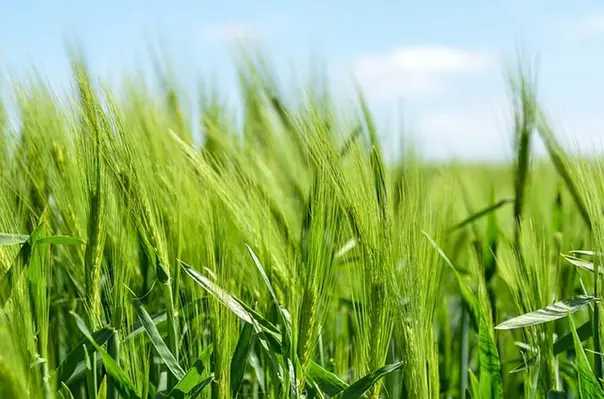New research has successfully used biotechnology to enhance a plant’s tolerance to stress, which in turn improves how it uses water and nutrients from the soil
Researchers with the University of Arizona (ASU), University of North Texas and the USDA/ARS Children's Nutrition Research Center, Baylor College of Medicine, have discovered a way to enhance a plant’s tolerance to stress, which in turn improves how it uses water and nutrients from the soil, thereby increasing plant biomass and yield.
ASU School of Life Sciences associate professor Roberto Gaxiola said this discovery could be instrumental in agriculture and food security by improving crop sustainability and performance.
“We have learned how to modify the expression of a gene that codes for a plant proton pump,” said Gaxiola. “This gene helps to move photosynthates — molecules made by photosynthesis in the leaves — to the places plants need them in order to grow better roots, fruits, young leaves and seeds. This gene is called type 1 H+-PPase and is found naturally in all plants."
By changing how effectively a plant uses water and nutrients, famers would be able to use fewer resources to grow their crops.
“Larger roots allow plants to more efficiently acquire both nutrients and water. We can optimise inputs while minimising environmental impacts. This is advantageous for our environment and for all consumers,” Gaxiola added.
Altering the expression of this gene in rice, corn, barley, wheat, tomato, lettuce, cotton and finger millet caused better growth in roots and shoots, and also improved how the plants absorbed nutrients. These crops also saw improved water use and tolerance to salt.
Gaxiola suggested the next step is to further study this simple biotechnology in order to maximise its agricultural potential.




